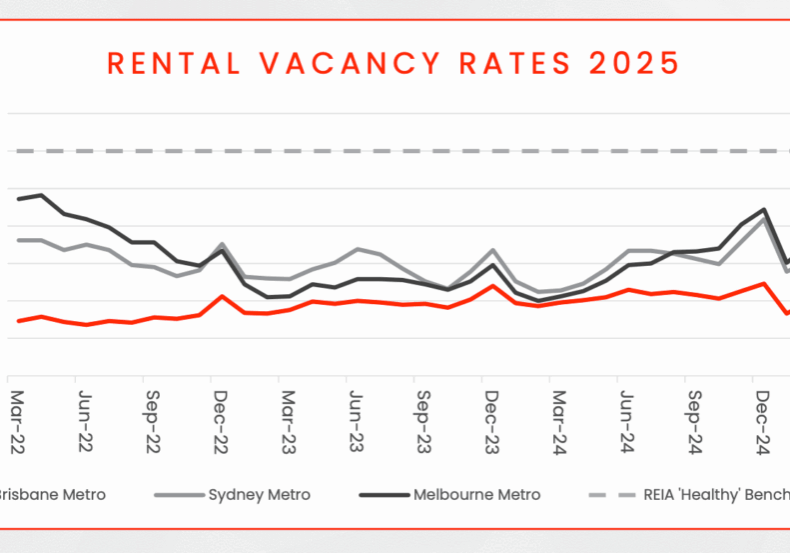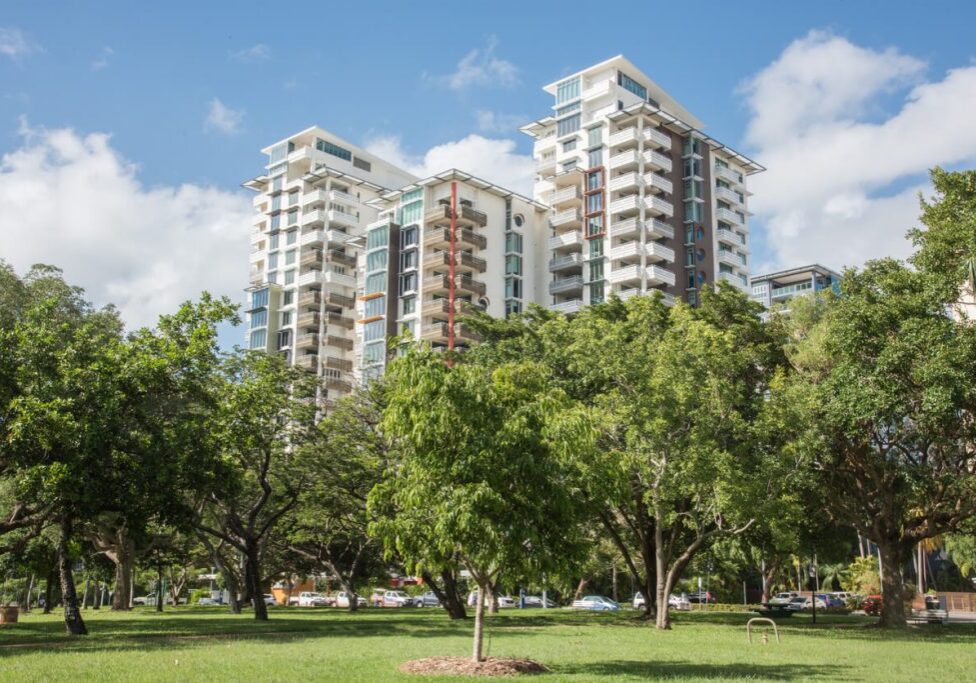Lease Renewal Notice Periods: A Comprehensive Guide for Landlords and Tenants in Queensland
Lease renewals in Queensland can sometimes be confusing for both landlords and tenants. However, understanding the legal obligations for lease renewal in rental agreements is essential for both parties as missteps can lead to legal disputes or strained relationships. This guide provides in-depth insights into lease renewal periods, legal obligations, and best practices to help both landlords and tenants manage this process confidently.

Understanding Lease Agreements in Queensland
In Queensland, lease agreements typically come in two forms: fixed-term and periodic leases. A lease renewal occurs when a tenant continues to rent a property after their fixed-term agreement ends. Typically, this results in the signing of a new fixed-term agreement or the shift to a periodic (month-to-month) agreement. Lease renewal is an opportunity for both landlords and tenants to evaluate the tenancy, address concerns, and potentially renegotiate the terms of the rental agreement.
As either a landlord or tenant, the renewal or termination of a lease must follow the regulations set out by the Residential Tenancies Authority (RTA). These rules protect both parties and ensure transparency throughout the rental process.
Can a Landlord Refuse to Renew a Lease?
Landlords in Queensland have the right to decline renewing a lease but must follow legal procedures. For instance, they cannot end a tenancy ‘without grounds’ and must provide a valid reason. Landlords may choose not to renew a lease for various reasons, including:
- Selling the property
- Moving back into the property
- Renovations that require vacant possession
- Simply preferring a new tenant
How Much Notice is Required to End a Tenancy?
For both fixed-term and periodic leases, landlords are required to provide at least two months’ written notice if they do not intend to renew the lease. This notice gives tenants adequate time to find alternative accommodation. Failure to provide the correct notice can lead to legal repercussions, such as fines or extended tenancies. The two-month period also gives landlords enough time to plan for the next steps, whether that be leasing the property to new tenants or using it for other purposes.
According to the RTA guidelines, this notice must be in writing and should specify the exact date when the tenant is expected to vacate the property. Approved forms, as provided by the RTA, must be used to ensure compliance with Queensland’s residential tenancy laws.
Methods of Delivery
Notices can be delivered via multiple methods:
- In-person delivery
- Registered post
- Electronic means, such as email, if both parties have agreed to this communication method.
Opting for email or another electronic form of communication provides a reliable record and speeds up the process. However, landlords should always retain a copy of the notice for their records.
If notices are delivered by post, landlords must account for delivery time when calculating the notice period. This is essential to ensure that the notice is received with enough time for tenants to act accordingly.
Lease Renewal Notice Period for Tenants
For tenants, the process is a bit different. While landlords are required to give two months’ notice for non-renewal, tenants only need to provide 14 days’ notice if they intend to vacate the property. This applies to fixed-term leases coming to an end, but tenants should aim to provide as much notice as possible to maintain a positive relationship with their property manager or landlord.
Written Notice is Crucial
Just as landlords must provide notice in writing, tenants are also required to do the same. A verbal agreement may seem easier, but it opens the door to potential misunderstandings or disputes. Formal letters or emails should outline the tenant’s intention to vacate, providing clear dates and reasoning (if necessary). Tenants should ensure their notice aligns with the lease’s end date to avoid incurring extra rent or penalties.
If tenants are unsure about how to proceed, seeking guidance from the RTA or consulting legal professionals is advisable.
Best Practices for Both Parties During the Non-Renewal Process
- Provide Ample Notice: Whether you’re a landlord or a tenant, communicating early can make all the difference. Landlords should aim to provide notices well ahead of the minimum two-month requirement, particularly if market conditions are tight. Tenants should also aim to notify landlords early, especially if planning to move during a busy period.
- Communicate Clearly: Open, transparent communication is key. A clear explanation of the non-renewal process, timelines, and tenant rights can ease the stress of the situation.
- Use Approved Forms: Queensland law requires landlords to use specific forms when giving notice to tenants. These forms should be filled out correctly to avoid any legal issues.
- The Role of Property Managers: Many landlords rely on property managers to handle the lease renewal process, and a good property manager will keep track of key dates and initiate renewal discussions in a timely manner. Property managers also help determine the appropriate rental rates based on market conditions, ensuring the landlord gets a fair return while maintaining tenancy continuity.
Managing Lease Renewals Smoothly
By following the proper procedures, staying informed of your rights and obligations, and maintaining open communication, the lease renewal or non-renewal process can be handled with professionalism and ease, protecting all involved from unnecessary stress and legal complications. This comprehensive approach to understanding lease renewals and non-renewals helps promote transparency and protect the rights of both landlords and tenants in Queensland’s rental market.
Still have questions? Speak with our expert property managers at LINK Living today, call on 07 3899 3566




